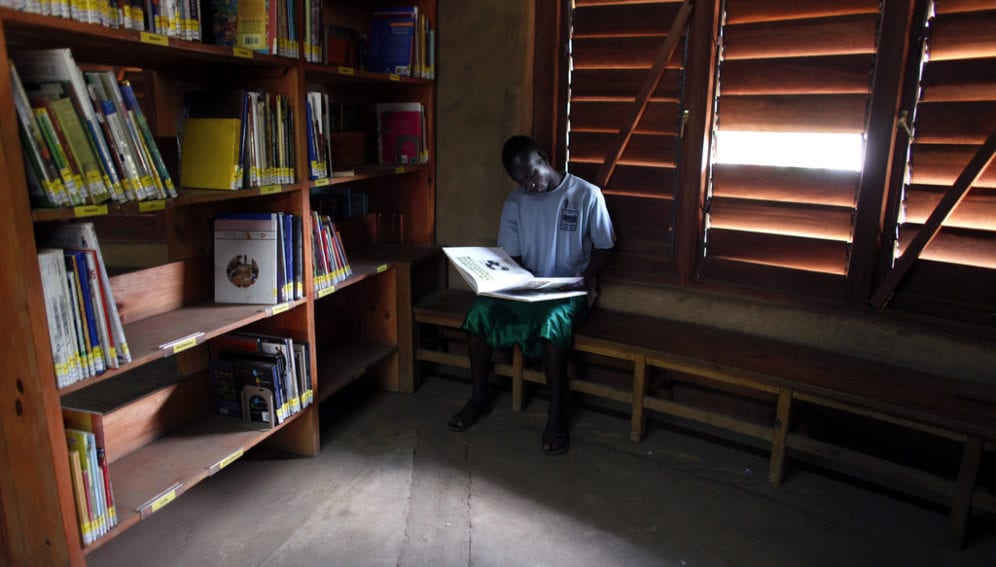By: Siobhan Chan
Send to a friend
The details you provide on this page will not be used to send unsolicited email, and will not be sold to a 3rd party. See privacy policy.
Most African doctoral students studying abroad plan to return home at the end of their studies, according to a survey due to be published in October.
Nine in ten of the nearly 400 African students surveyed wished to work in their country of origin. But there are few doctoral schemes in Africa, and international funding often involves a period studying abroad, the team behind the survey has found.
To curb the continent's 'doctoral deficit' African universities must provide more support and information to staff and students undertaking PhDs about what is available in Africa, a needs analysis says.
The survey and analysis were conducted by the Association of Commonwealth Universities (ACU) as part of their DocLinks project, which has been collecting information about PhD schemes and funding on its website.
The solution to curbing the 'brain drain' lies in African universities developing their research strategies, collaborating with other institutes in their region and communicating with students to ensure that they can remain in Africa while doing their PhD, says Jonathan Harle, ACU programmes manager and author of the needs analysis.
"Universities should identify where support is available, on an international, national and regional level. They then need to communicate these funding opportunities to their students and staff," Harle tells SciDev.Net.
“The terms and conditions of academic work in African universities must be sufficiently attractive to retain top talent.”
Philip Altbach
International funders offer useful schemes for students, such as Germany’s DAAD scheme and the UK's Commonwealth Scholarship Commission, but Harle says these often involve training in other countries.
"There aren't that many strong, well-resourced PhD programmes in African universities, and because most funding is offered by international funders, the model tends to be that people go to America or Europe to do their PhDs," explains Harle. "So even by training your academic staff, you also lose them for a few years."
Some African countries have plans to increase the number of PhDs, but the limited number of PhD places may hamper these efforts.
Zimbabwe aims for every university lecturer to have a PhD by 2015, and Ethiopia hopes to have a quarter of its lecturers with doctorates. However, Harle believes it is unlikely that they will meet these targets.
"Given the number of PhD places nationally in those countries, it won't be possible to train that many people," he says. "And if they were to send that many staff away on international scholarships, that would cause more problems anyway."
Philip Altbach, director of the Center for International Higher Education at Boston College in the United States, says it is the responsibility of African universities to train their students through their own programmes.
"But the main point is that the terms and conditions of academic work in African universities must be sufficiently attractive to retain top talent — this means not only salaries but also facilities, academic freedom, and the like," he adds.
The DocLinks team plan to further analyse the results, to understand the students' future aspirations and need for international experience, before publication.
A version of this story was originally published on SciDev.Net's global edition.














